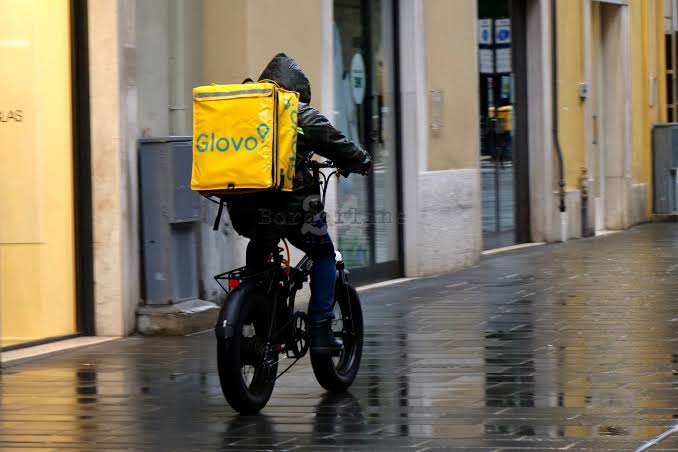Egyptian fintech startup Munify has raised $3 million in seed funding led by Silicon Valley accelerator Y Combinator, with participation from BYLD and Digital Currency Group, to fast-track its technology, compliance, and expansion plans.
The investment, which coincides with Munify’s graduation from YC’s Summer 2025 batch, will help the Cairo-born digital bank scale operations and extend its reach to more global markets.
“Remittance flows are one of the most critical financial lifelines for Egypt, yet millions still face costly, slow, and fragmented services,” said founder Khalid Ashmawy.
“We’re building the infrastructure to make global banking and payments radically more accessible for Egyptians, wherever they live.”
What Munify Does
Munify describes itself as a cross-border digital bank for Egyptians abroad, designed to simplify and reduce the cost of financial transactions between Egypt and the world.
Its services include instant, low-cost money transfers, the ability to open a U.S. bank account remotely, issuance of debit cards, and foreign exchange (FX) hedging tools that allow users to protect themselves against the Egyptian pound’s sharp fluctuations.
Unlike traditional remittance services that often involve middlemen and long settlement times, Munify leverages digital infrastructure to ensure speed, security, and cost-efficiency.
Who They Serve
The startup is already active in the United States, United Kingdom, European Union, and Gulf Cooperation Council (GCC) markets.
Its core users are Egyptians in the diaspora, estimated at nearly 10 million people, along with freelancers and small and medium-sized enterprises (SMEs) who regularly move money across borders.
These groups often pay some of the “highest remittance costs in the world, averaging 6.18 percent globally in 2023 according to the World Bank”, with additional frustrations such as settlement delays and fluctuating exchange rates.
By offering transparent pricing and faster transfers, Munify positions itself as a direct challenger to traditional money transfer operators and banks.
Founding and Funding
Founded in 2024 by Egyptian entrepreneur Khalid Ashmawy, Munify emerged in response to Egypt’s growing reliance on remittances, which hit $24 billion in 2023, making it one of the top five remittance destinations globally and accounting for nearly 7 percent of Egypt’s GDP.
The newly announced $3 million seed round, anchored by Y Combinator, will help the company expand its engineering and compliance teams, strengthen regulatory and banking partnerships, and gain strategic mentorship from YC’s global network.
For Ashmawy, the funding is more than capital: “It validates the need for an Egypt-focused digital financial solution in a global remittance market that still leaves millions underserved.”
Plans for Market Expansion
Munify’s immediate priority is deepening its infrastructure to meet compliance standards in the jurisdictions where it operates, a critical step in building credibility with regulators and customers.
The startup is also looking to expand into new global corridors, focusing on countries with large Egyptian expatriate populations, while forming strategic alliances with international banks and payment processors.
Ashmawy stressed the dual focus on reliability and reach: “We’re not just moving money, we’re building a trusted bridge between Egypt and the world.”
The long-term ambition is to evolve into a full-stack global banking platform that supports Egyptians abroad beyond remittances, enabling savings, investments, and seamless international payments.
Why It Matters
Egypt is heavily dependent on remittances, but many Egyptians abroad continue to face costly, fragmented, and slow transfer systems.
By targeting this pain point, Munify is addressing a multi-billion-dollar opportunity. Its model mirrors a broader wave of African fintech innovation, where startups are rethinking cross-border finance.
Nigerian fintechs like Flutterwave and Paga have streamlined payments across Africa, while Kenya’s M-Pesa revolutionized mobile money transfers. Similarly, Ghanaian-founded Zeepay focuses on international remittances into Africa, and Nigerian startup LemFi offers migrant-focused financial services in North America and Europe.
Munify’s Egypt-first strategy places it within this growing ecosystem of fintech disruptors reshaping how money moves across continents.
Talking Points
Munify’s focus on easing remittances for Egyptians abroad is a strong and timely innovation, offering instant transfers, cheaper FX options, and access to global banking infrastructure in a market where high fees and delays have long been the norm.
Backed by Y Combinator, the startup is well-positioned to build trust and scale its operations, but its growth potential should not stop at Egypt alone.
With African migrants collectively sending over $100 billion annually back home, Munify has an opportunity to expand its model to serve other African diasporas facing the same challenges in Nigeria, Ghana, Kenya, and beyond.
By broadening its reach, Munify could evolve from being just a niche solution for Egyptians into a continental fintech leader, bridging Africa’s fragmented financial systems with the global economy.





